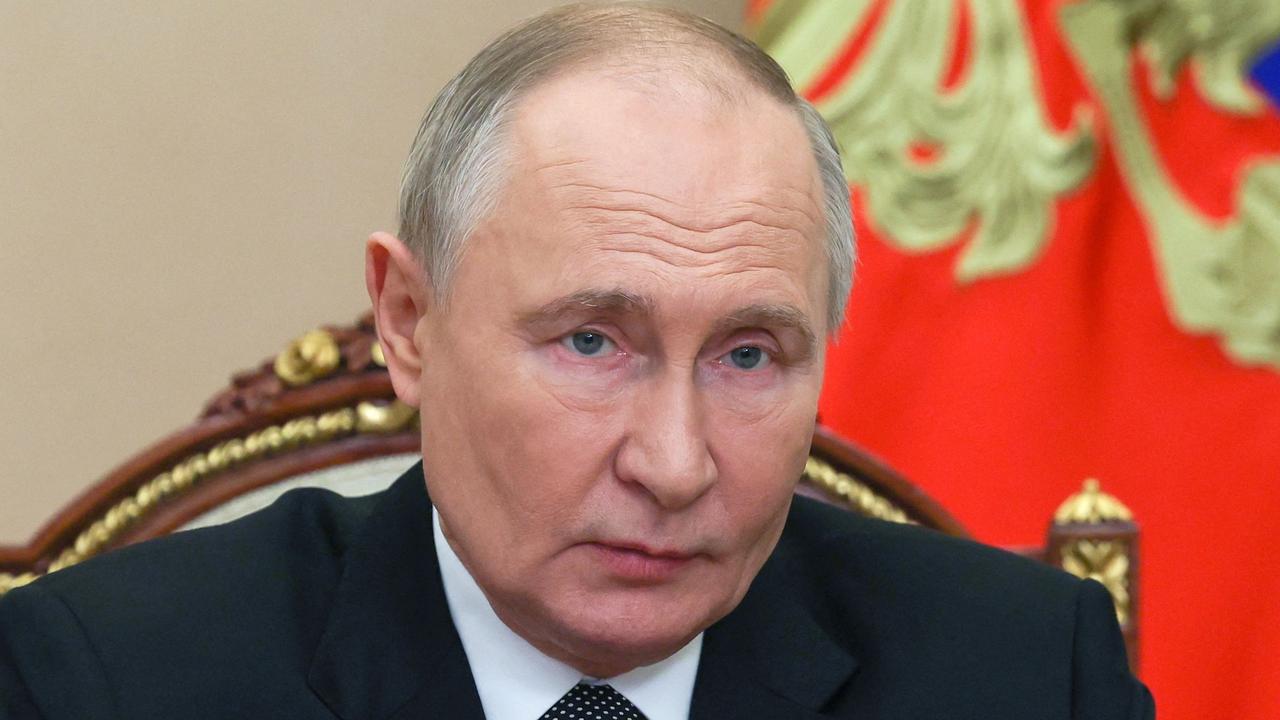Coronavirus: Europe faces second major challenge of how to lift lockdown amid economic and mental health concerns
It’s still in the “eye of the storm” of COVID-19, now Europe is facing a second major challenge with fallout that could take even longer to overcome.
European nations are facing their second major challenge of the coronavirus pandemic – tackling how to lift restrictions while keeping coronavirus transmission suppressed.
Spain, Italy, Germany, Austria and Denmark have announced plans to lift restrictions in the coming days and weeks after cases of the virus appeared in decline.
However France, the UK and Belgium will remain in lockdown until early May as case numbers and deaths remain high.
Europe has seen at least one million cases of coronavirus across the continent, killing more than 85,000 people and making it responsible for at least half of the global coronavirus burden.
MORE: Follow the latest coronavirus news here
On Thursday, the World Health Organisation’s Europe chief Hans Kluge warned Europe “remains in the eye of the storm.”
“The storm clouds of this pandemic still hang heavily over the European region,” he said.
“The next few weeks will be critical for Europe … It is imperative that we do not let down our guard.
He said “lockdowns are affecting lives and livelihoods. People are asking how much and for how long.”
“There are no quick wins,” he said. “There is no fast track back to normal”.


It comes as leaders grapple with how to resurrect economic life without allowing the virus to burst back to life via community transmission.
This week the International Monetary Fund estimated the “Great Lockdown” will lead to the worst economic consequences since the Great Depression with global growth expected to fall by three per cent in 2020.
Meanwhile there are growing signs lockdown is taking its toll on mental health with reports of increased level of anxiety, depression and self-harm. A paper in the Lancet Psychiatry this week saw 24 experts say the virus is expected to have a “profound and pervasive impact” on mental health around the world.
Barcelona’s Mayor Ada Colau Bollano has called for Spanish children to be allowed outside as they are living under one of the world’s toughest sets of restrictions.
“Free our children,” the mother of two wrote online. “The situation is unsustainable and we need to speak loud and clear.”
“I write as mayor and as a mother of two 9 and 3 year olds who haven’t been out in a month. We’ve been with two young children at home for over a month without leaving a single day, which they don’t understand.”
“Week after week, they fight each other every day, have attacks of sadness, rage … it’s almost impossible to keep a schedule, not an order, no homework, or anything … these kids need to get out.”


In Europe Germany’s Chancellor Angela Merkel has announced she would start lifting restrictions in the continent’s largest economy. The country will also fly in Romanian workers to help with the harvest season.
Denmark has already reopened schools and nurseries for children up to age 11 while construction and manufacturing work has been restarted in Spain. In Austria, smaller shops opened this week with outdoor sports to be allowed from 1 May and Italy has also seen clothing shops and bookstores reopen.
The UK extended its lockdown on Thursday for another three weeks. First Secretary of State Dominic Raab, who is acting as PM while Boris Johnson recovers from the virus, said lifting restrictions too soon would risk a “second peak” and UK data showed a “mixed and inconsistent picture.”
“We’ve come too far, we’ve lost too many lives to ease up now,” he said, describing the UK as in a “delicate and dangerous phase”.
“We need to be patient awhile longer...now is not the moment to give coronavirus a second chance.”

In Australia – where there have been 63 deaths and more than 6400 coronavirus cases – Prime Minister Scott Morrison has said the government will work over the next four weeks to get key tracing, testing and local response efforts in place before restrictions are lifted. .
“If you ease off too quickly too early, then you end up making the situation even worse, and I don’t just mean in the health terms,” he said. “If you move too early and the health response gets out of control, then the economic consequences will be even worse.”
He said the country was doing well on the health front and now looking to improve on the economic one, and the suppression strategy was starting to wear people down.
“I think it is rubbing at the edges a bit in parts of the country, and that is understandable. We like our freedoms, we like to be able to do what we want to do. We like having a barbecue, we like going out, we are very social beings Australians and we really miss it and we miss our kids being able to get together and go to school and be with their friends, and we miss all of that.
“But the suppression path is the best Australian path. As I have said throughout this, the solutions we are putting in place are the right solutions for Australia. We are not looking to copy anyone. We have the right plan for Australia.”




